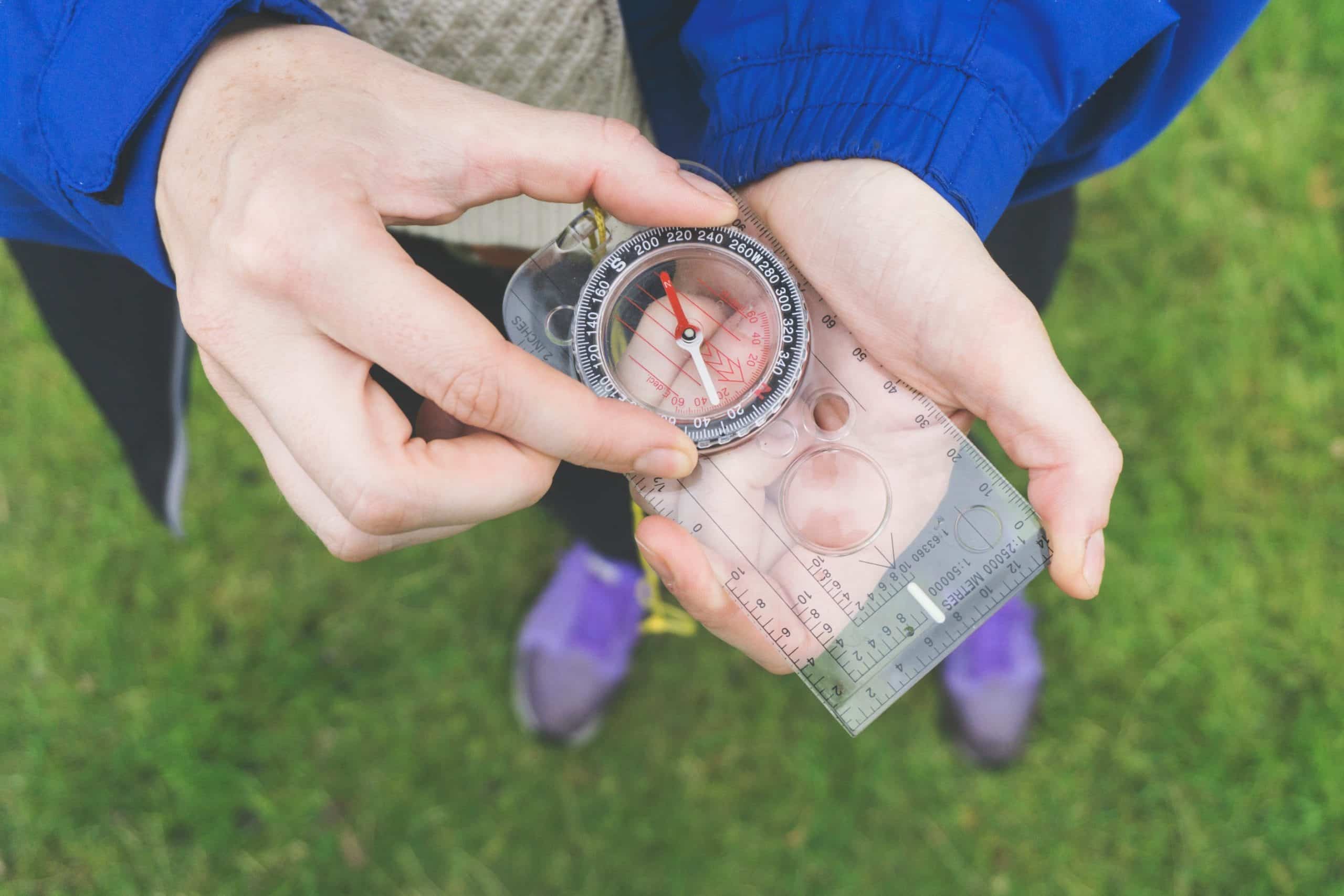As we navigate the twin challenges of maintaining the natural beauty of our world while also encouraging individuals to engage in fulfilling travel experiences, an emerging trend is the desire for sustainable travel. This approach to tourism seeks to minimise the environmental impact of visiting a particular region, while also fostering a deep appreciation for local culture and natural beauty. This article focuses on the wonders of the Welsh countryside, and how visitors can explore its many offerings in a sustainable way.
Exploring the Natural Beauty of Wales
Wales is a land of diversified landscapes, steeped in history and rich in culture. From the rugged peaks of the Snowdonia National Park, to the picturesque coastlines of Pembrokeshire, Wales offers numerous opportunities for eco-friendly travel. It’s a land known for its wide-sweeping beaches, its lush national parks, and its scenic coastal paths that allow visitors to drink in the beauty of the Welsh landscape.
Lire également : Which are the most family-friendly cycling routes in Yorkshire?
The Pembrokeshire coast, in particular, is a popular destination with visitors. Renowned for its tranquil beaches and stunning sea views, this area is a haven for those seeking peace and tranquillity amid natural surroundings. The Pembrokeshire Coast National Park, the only coastal national park in the UK, offers panoramic views and access to a wealth of coastal fauna and flora. It’s an absolutely fantastic way to experience the natural beauty of Wales.
Sustainable Travel in Wales
Sustainable travel is about more than just reducing carbon emissions. It’s about ensuring that tourism is beneficial to the local area and the people who live there, rather than being a burden. In Wales, there are numerous ways that visitors can ensure their trip is sustainable and beneficial to the local community.
A lire également : Where in the UK can tourists attend a Shakespearean play in an original Globe Theatre setting?
One of the best ways to promote sustainable travel in Wales is by making use of the nation’s excellent public transport network. Not only does this reduce carbon emissions, but it also helps to support the local economy. Plus, taking a train through the Welsh countryside is an experience in itself, offering unparalleled views of the landscape.
In addition to public transport, there are plenty of opportunities for ‘slow travel’ in Wales. Whether it’s hiking through the Brecon Beacons, cycling along the coast, or horse riding in the Gower Peninsula, there are many ways to explore this beautiful country at a leisurely pace. These activities not only have a low environmental impact, but they also allow visitors to fully appreciate the beauty and tranquillity of the Welsh countryside.
Supporting the Local Community
A key aspect of sustainable tourism is supporting the local community. This means choosing to spend money at local businesses, contributing to the local economy, and respecting local customs and traditions.
In Wales, there’s a strong sense of community and a rich cultural heritage. Visitors can support this by choosing to stay in locally-owned accommodation, eating in local restaurants, and buying local produce. Wales is known for its delicious food and drink, from traditional Welsh cakes to fresh seafood. Visiting local markets and food festivals is a great way to sample these delights and support local producers.
Preserving the Environment
Sustainable tourism is also about preserving the environment and ensuring that it can be enjoyed by future generations. In Wales, there are several initiatives in place to help visitors tread lightly on the land.
The local tourism board encourages visitors to follow the Countryside Code, which includes respecting the local wildlife, leaving no trace of your visit, and keeping dogs on leads in certain areas. This helps to protect the natural environment and ensures that everyone can enjoy the beauty of the Welsh countryside.
In addition, many attractions in Wales are working towards becoming more sustainable. For example, the National Botanic Garden of Wales is powered by renewable energy, and the Centre for Alternative Technology in Machynlleth is a world-leading eco-centre.
Eco-Friendly Accommodations
Finally, staying in eco-friendly accommodation is another way to ensure your visit to Wales is as sustainable as possible. From luxury eco-lodges to charming bed and breakfasts, there’s a wide range of green accommodation options available in Wales.
For example, the Eco Retreats in the Dyfi Biosphere offer off-grid tepees and yurts in a serene forest setting. Meanwhile, the Bryn Elltyd Eco Guest House in Snowdonia is powered entirely by renewable energy. These accommodations not only provide a unique and comfortable stay, but they also prove that sustainable living can be luxurious and enjoyable.
By embracing sustainable travel, visitors to Wales can fully appreciate the natural beauty of this country while also preserving it for future generations. Whether you’re hiking in the mountains, exploring the coast, or simply enjoying the local culture, Wales offers countless opportunities for eco-friendly travel. Remember, it’s not just about the destination but also the journey, and in Wales, both can be experienced in a way that’s respectful of the environment and beneficial to the local community.
Enjoying Wales’ National Parks Responsibly
Visiting a national park is a fantastic way to immerse yourself in the natural beauty of Wales. The country is home to three national parks, each with its own unique landscape and biodiversity. These parks are not just vital for preserving natural habitats for wildlife, but also play an essential role in promoting eco-friendly tourism.
Snowdonia National Park offers breathtaking mountain scenery and the highest peak in England and Wales. Here, you can explore over 100 lakes and enjoy the serenity offered by this grand landscape. The Brecon Beacons National Park is a haven for hikers, with vast moorlands and forest-covered mountains. The heart of the park, Pen y Fan, is a popular trek with panoramic views that will surely take your breath away. On the other hand, the Pembrokeshire Coast National Park is known for its stunning coastline, with over 200 miles of footpaths offering incredible views of cliffs, beaches, and wildlife.
When visiting these national parks, it’s important to remember the principles of sustainable travel. Following the Countryside Code can help ensure that these parks remain beautiful and unspoiled for future generations. This includes staying on marked trails to avoid disturbing wildlife, taking your rubbish with you and leaving no trace of your visit. The aim is to ensure that your visit does not negatively impact the natural resources of the parks.
These national parks are crown jewels of Wales, managed by the Crown Estate. By supporting them through your visit, you help in their conservation and the promotion of sustainable tourism in Wales.
Planning a Sustainable Trip to Wales
Plan your trip to Wales keeping sustainability in mind. A well-planned trip can minimise the environmental impact and maximise the benefits to the local communities. Remember, sustainable travel is not just about preserving natural resources, but also about respecting and supporting local cultures and economies.
Choosing the best time to visit can make a significant difference. Avoiding peak seasons can help alleviate overcrowding in popular destinations, reducing the pressure on local resources and providing a more enjoyable experience. Also, consider how you will get around. Public transport in Wales is efficient and comprehensive, ranging from trains and buses to ferries and even bike rentals. Using these services not only lowers your carbon footprint but also supports local businesses.
Stay in locally-owned accommodations where possible. This not only gives you a taste of Welsh hospitality but also ensures that your money goes directly into the local community. Be sure to enjoy local cuisine in restaurants and sample traditional Welsh fare at local markets.
Respect local customs and traditions, and try to learn a little Welsh before you go. It’s a beautiful and unique language, and even a few phrases will be greatly appreciated by the locals.
Finally, remember to leave no trace. This means taking away everything you bring, including rubbish.
Conclusion
The Welsh countryside, with its rugged mountains, scenic coastlines, and rich cultural heritage, offers an unforgettable experience for the eco-conscious traveller. By exploring Wales responsibly, you can contribute to the conservation efforts of this beautiful country and support its local communities.
Whether you’re hiking the trails in a national park, walking along the coast path, or immersing yourself in Welsh culture, remember that the real joy of travel lies not just in seeing new places but in appreciating and respecting them. Sustainable travel in Wales allows you to do just that.
So go ahead, plan your trip to Wales, and prepare to be captivated by its natural beauty and charm. Remember, your choices and actions can make a difference. With every step taken consciously, you contribute to the preservation and celebration of Wales’ natural resources for future generations. Enjoy Wales, but always remember – the greatest respect we can show our world is to tread lightly upon it.











